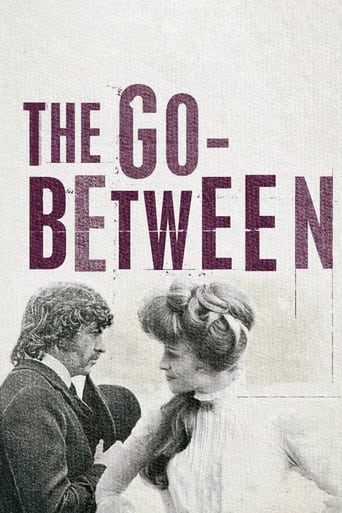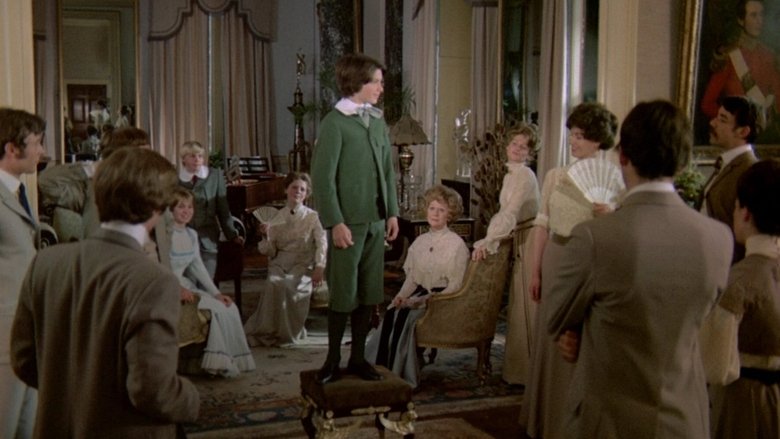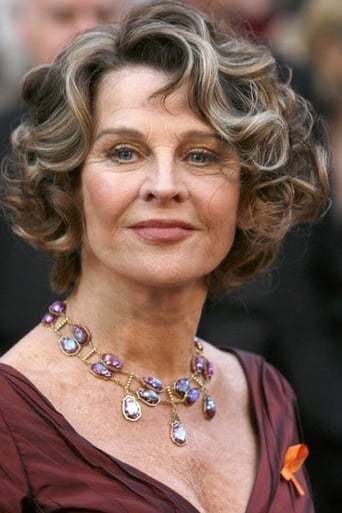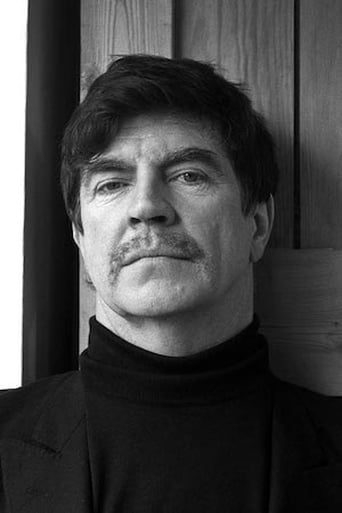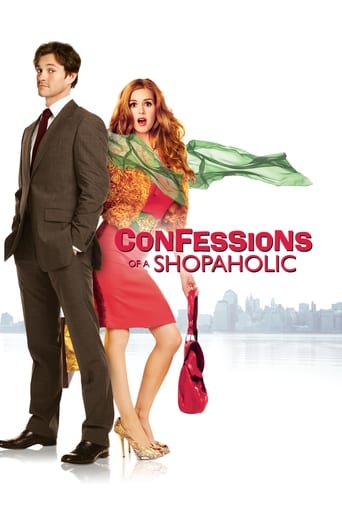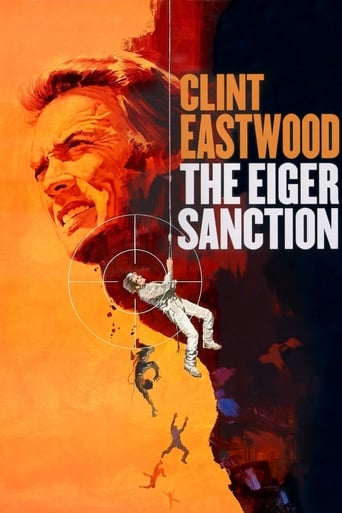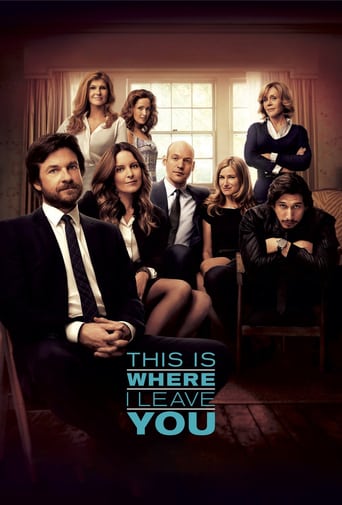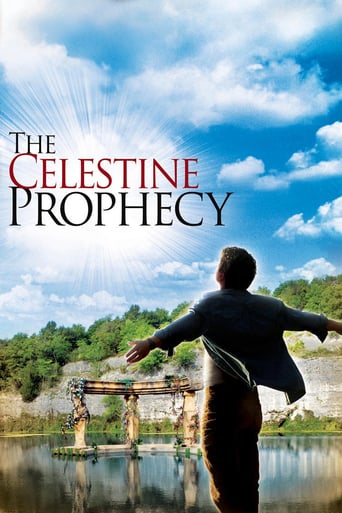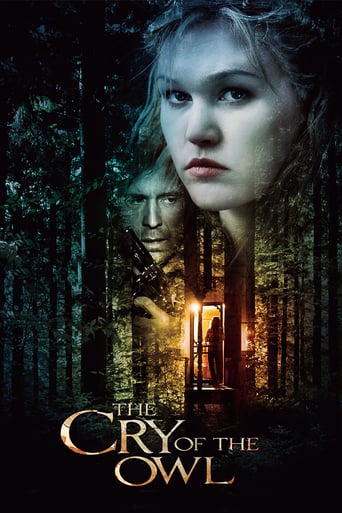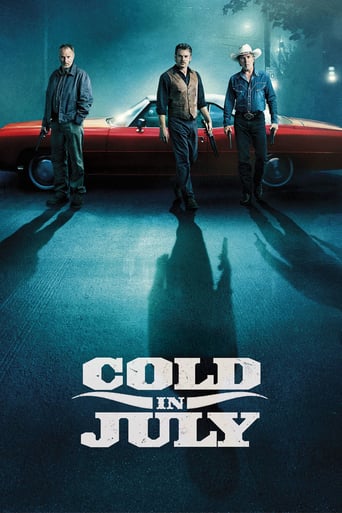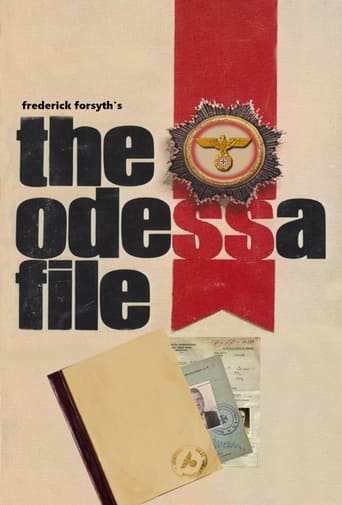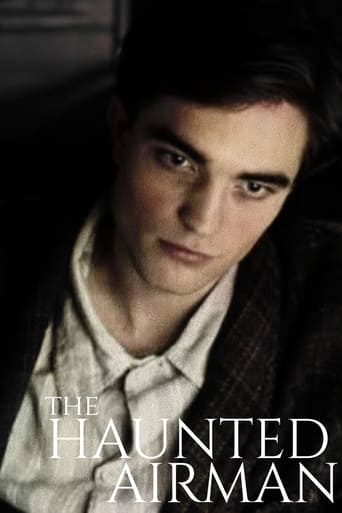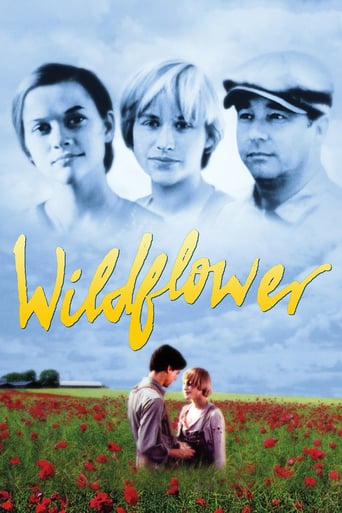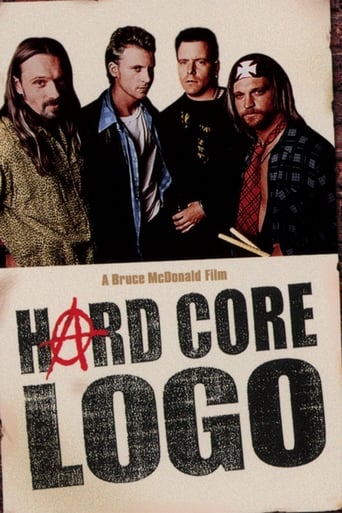The Go-Between (1971)
British teenager Leo Colston spends a summer in the countryside, where he develops a crush on the beautiful young aristocrat Marian. Eager to impress her, Leo becomes the "go-between" for Marian, delivering secret romantic letters to Ted Burgess, a handsome neighboring farmer.
Watch Trailer
Cast


Similar titles
Reviews
Too much of everything
Good concept, poorly executed.
A brilliant film that helped define a genre
The acting in this movie is really good.
This movie is the third joint venture paring writer Harold Pinter and director Joseph Losey. The other two are The Servant (1963), and Accident (1967). This venture, combined with a top-notch cast, makes for a great film: No. 56 of the BFI's Top 100. Yet sadly, the movie has not been restored, in its original aspect ratio for DVD, and I had to see it on VHS in the full screen pan-and scan version. I've a feeling that this is one of those films that MUST be seen in its original wide screen format, since the photography of the English countryside setting is crucial to the movie, and anything less does not tell the movie's whole story!Michael Redgrave tells the story, in retrospect. It begins as a 12-year- old boy, Leo (Dominic Guard), comes to spend the summer of 1900 at a large English country estate. He is a guest there, and his relationship to the family is never made clear. We don't learn much about his background except what we overhear: that his mother is a widow from the city. As he is introduced at the family dinner table, he tells them that he knows magic and has conjured up curses on people, but this seems a game between him and the other boy his age on the estate, Marcus. As the two boys play, the rest of Marcus' family starts to emerge as Marcus tells Leo about them while pointing them out. We view their lazy hot summer's life as they attempt to occupy themselves with conversation, nature, art, culture, and games. Leo attempts to fit in with the family led by its matriarch, Mrs. Maudsley (Margaret Leighton). Leo also becomes attracted to Marus' older sister, Marian (Julie Christie), and develops a puppy love for her. (At one point he proclaims that he would do almost anything for her.) She, in turn, shows an admiration for him.One day as the family goes out for a swim, they encounter their lower- class neighbor, Ted Burgess (Alan Bates), who is trespassing on their property by swimming in their lake. Leo later meets Ted and is gradually taken into his confidence. At Ted's coaxing, he starts to secretly deliver notes to Marian, and she, in turn, returns notes to Ted, through Leo. Feeling 'out of the loop,' Leo wants to know more. He eventually asks Ted to tell him about sex ('spooning'). At almost thirteen and with no father to guide him, Leo has never been told the facts of life. Yet, he senses that he should know more and that Ted will explain it to him-- though he never really does. When Marian becomes engaged to an upper- class gentleman, Ted seems displeased. However, after a brief break off in communications; Ted and Marian begin their secret exchanges again with Leo still acting as their dutiful Mercury-like 'go-between.' Then, on Leo's thirteenth birthday, he suddenly learns the shocking nature of his carried missives.This film, accented by Michel Legrand's score, has a mysterious, almost Gothic, feel about it. There seems to be something always missing, just out of view, waiting to be discovered. But, just as Leo is never made part of the secret, neither is the audience--until the surprising ending.
An elaborate UK period costume drama from Joseph Losey, the Palme d'Or winner of 1971 and scripted by Harold Pinter (their third collaboration after THE SERVANT 1963, 8/10 and ACCIDENT 1967), which also bookended the honeymoon period between them, from L.P. Hartley's eponymous novel which begins with "The past is a foreign country, they do things differently there". The central narrative is set in 1900, a 12-soon-to-be-13Leo (Guard) stays as a guest with the wealthy family of his schoolmate Marcus (Gibson) in rural Norfolk during a torrid summer, and soon becomes a go-between and delivers letters between Marcus' upscale sister Marian (Christe) and her secret inamorato Ted Burgess (Bates), a tenant farmer. While the upper class splendor does open the eyes of Leo, who is from a not-so-noble family, he is more intrigued by Ted's unrefined masculinity, and constantly pesters him about the meaning of "spooning", also his fascination towards the gorgeous Marian retains him as the loyal messenger of their forbidden romance. Until he knows Marian will marry to Hugh Trimingham (Fox), a viscount returned from war, with a glaring scar on his face, a man whom he also respects, Leo wavers, and on the day of his 13th birthday, a tryst is about to be uncovered by Marian's stern mother (Leighton), and tragedy inevitably will separate the ill-fated lovers. The film impresses foremost with its stunning bucolic scenery, the alternately mellifluous and eerie sonic environment wondrously created by Michel Legrand's score. And it also takes an unconventional route to underpin the story's seemingly placid surface, exclusively through Leo's observation, to mask its choppy torrent underneath, how the class boundary is preached and the lives of nobility starts to crumble. Equally unusual is the unforeseen insertion of scenes where an agedLeo (Redgrave) revisit Marion - it does baffle audience who is alien with the source novel, but it also creates an air of mystery and an overpowering solemnity which is beguilingly arresting. The film is a four-times BAFTA winner (with 12 nominations in total) but only be able to generate one BEST SUPPORTING ACTRESS nomination for Leighton (remember the great time when BAFTA doesn't condescend to a merely Oscar precursor?), who is menacingly persistent to disclose the scandal in the third act. Christie and Bates, barely sharing the same frame together (bar Ted's rendition when Marian comes to his succor as the musical company and their final tryst), yet both display their rough edges when facing Leo, their inhibited frustration finally finds an orifice on this wide-eyed outsider.Dominic Guard as the young Leo, is literally the eyes of the film, perpetually frowning, bemused by the adult world he is too eager to comprehend, authentically guarantees Leo's greenness tallies with the outfit Marian bought for him. Edward Fox and Michael Gough complement the outstanding cast with a touch of dignified distinction running in their veins.Truth to be told, THE GO-BETWEEN is neither an ode of genuine friendship, nor about a young boy's first crush, to me, Losey conceives this story as an innocence-lost process which every boy must undergo, a dispirited revelation of how adulthood is never as inspiring as he imagined. But overall, it occasionally tainted by the brunt of its narrative ellipsis, which would reach its detrimental apex in THE ROMANTIC ENGLISHWOMAN (1975, 4/10).
This is one of the least interesting films I have ever seen. Its high rating on IMDb is clearly due to the "Halo Effect" of Pinter and Losey.I love the cast: Bates, Christie, Leighton and Redgrave, but the material they are given is, to me, simply worthless. The story holds no one's interest because the characters are not at all interesting. It is impossible to either sympathize with, or hate, them. They are amazingly uninteresting. Redgrave is wasted. The young man who plays Marcus is not a very good actor and is most annoying. The plot is relatively predictable and it does not even have a Jane Austin happy ending. Moreover the cinematography, at least as seen on TV, appears grainy and sub-standard. You are much better off seeing "Far From the Madding Crowd," not a great film, but much better than "The Go-Between."The only reason I gave it a 2 instead of a 1 is because Christie and Bates look so good and I enjoyed hating the bourgeois attitudes of the family.
I agree with the previous reviewer that the time-shifts seem unnecessary and serve only to complicate the film. There's also an unlikely implication that the events of the Norfolk summer which Leo experienced 40 years ago were so traumatic that he had become psychologically incapable of getting married.But for me, although there's not much that happens in the plot, this film is heavy with nostalgia. It was the first school film I saw on arriving at a Northamptonshire boarding school. Like Leo, I was 13 and didn't understand everything that was going on.Would I recommend it to today's youth? Well yes, but I wouldn't expect a large proportion of them to sit the entire way through it. It just doesn't have anything like the pace of today's blockbusters or teen movies. The enjoyment of this film is now largely an intellectual one -- it's about the laughable views of the upper class, and about book-to-film transfers.Incidentally, to my knowledge, this film has never been available for sale on DVD. And yet in March 2006, it was given away as a freebie DVD with the UK's Sunday Telegraph. The film industry is seriously undervaluing its back-catalogue. Who knows what next -- Lindsay Anderson's brilliant 'IF' in a packet of cereal??

